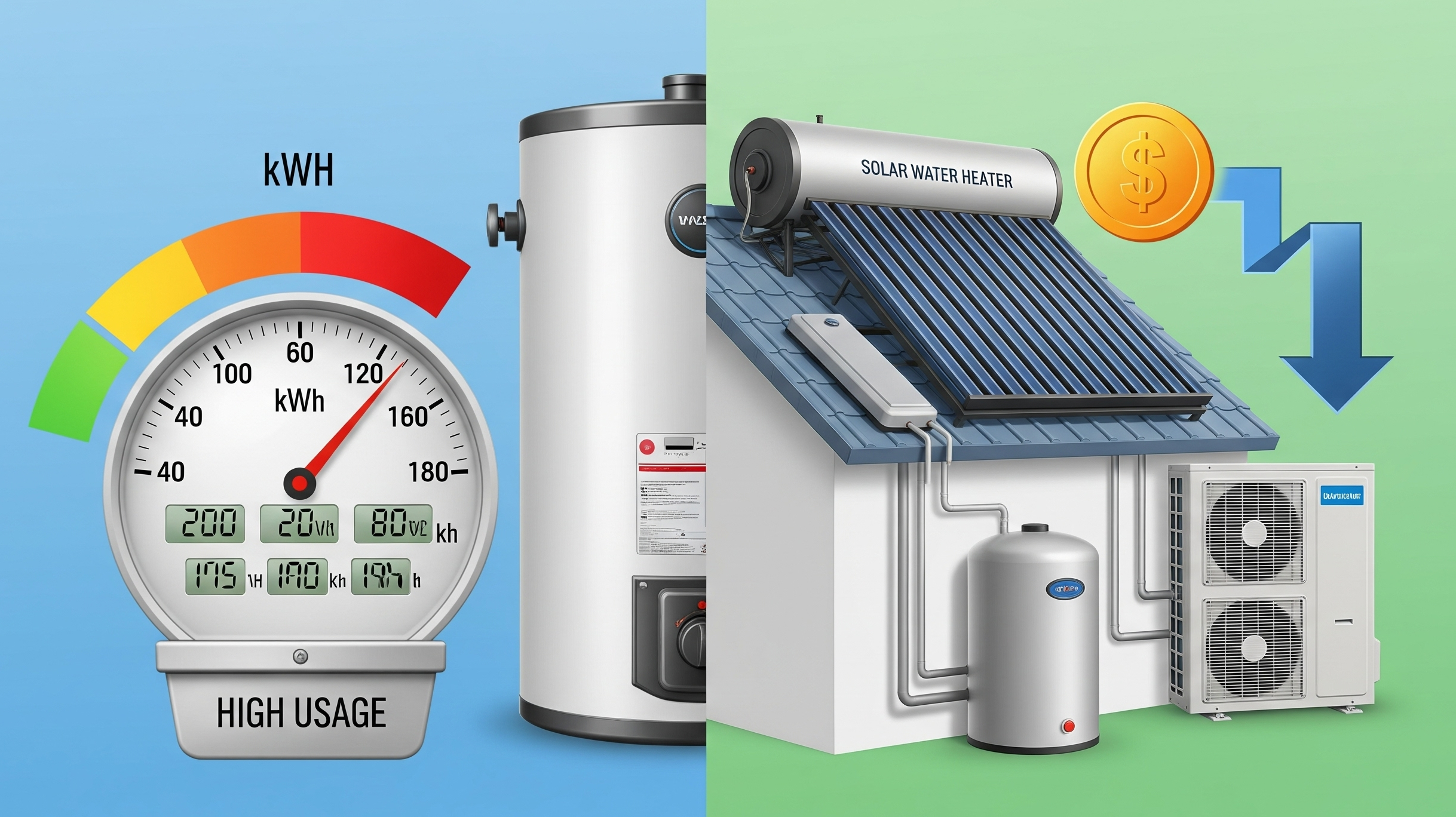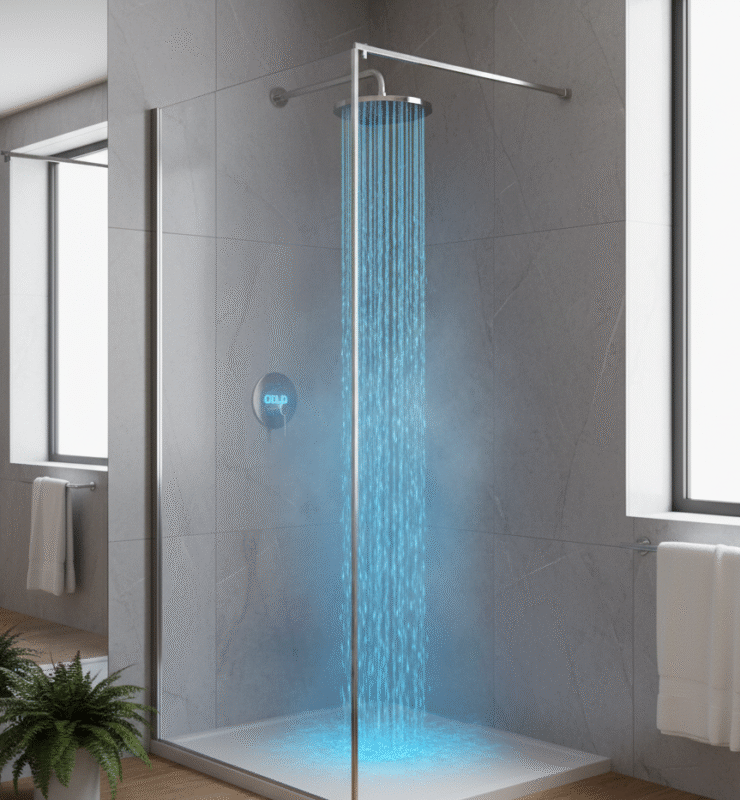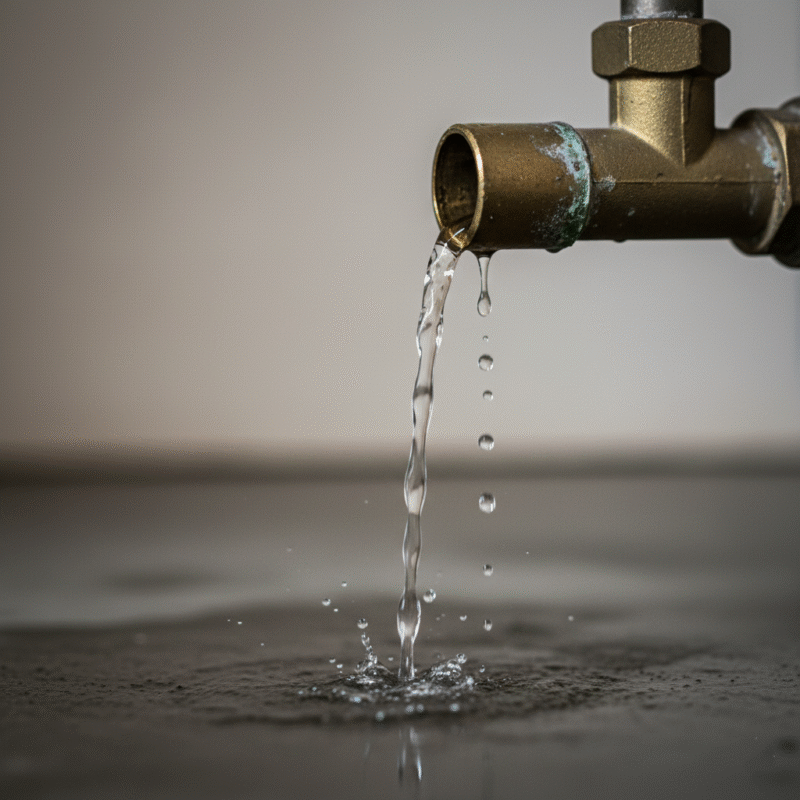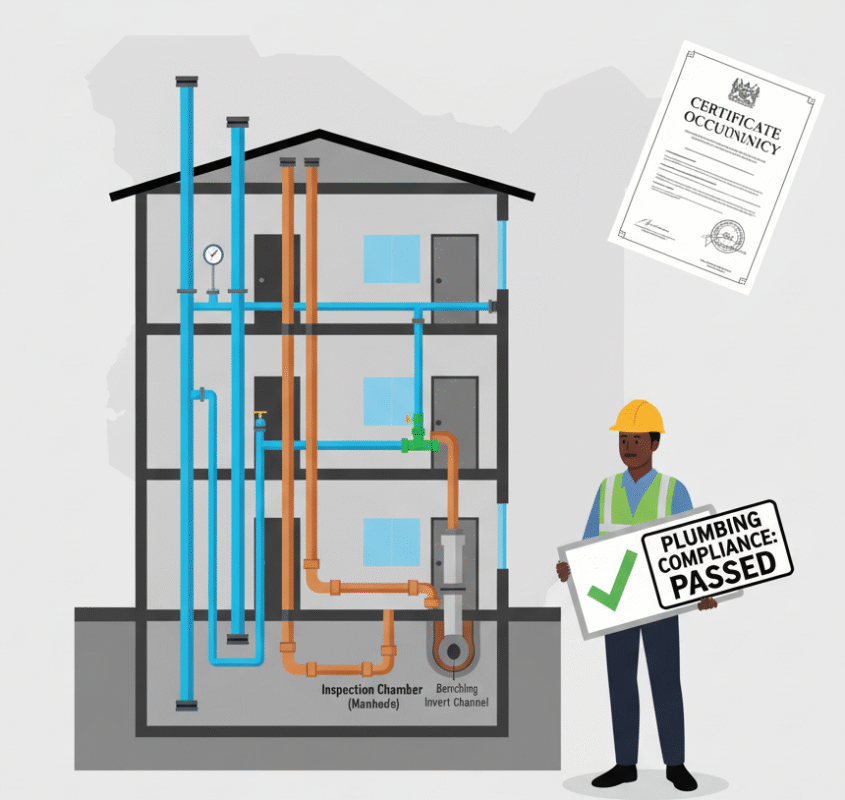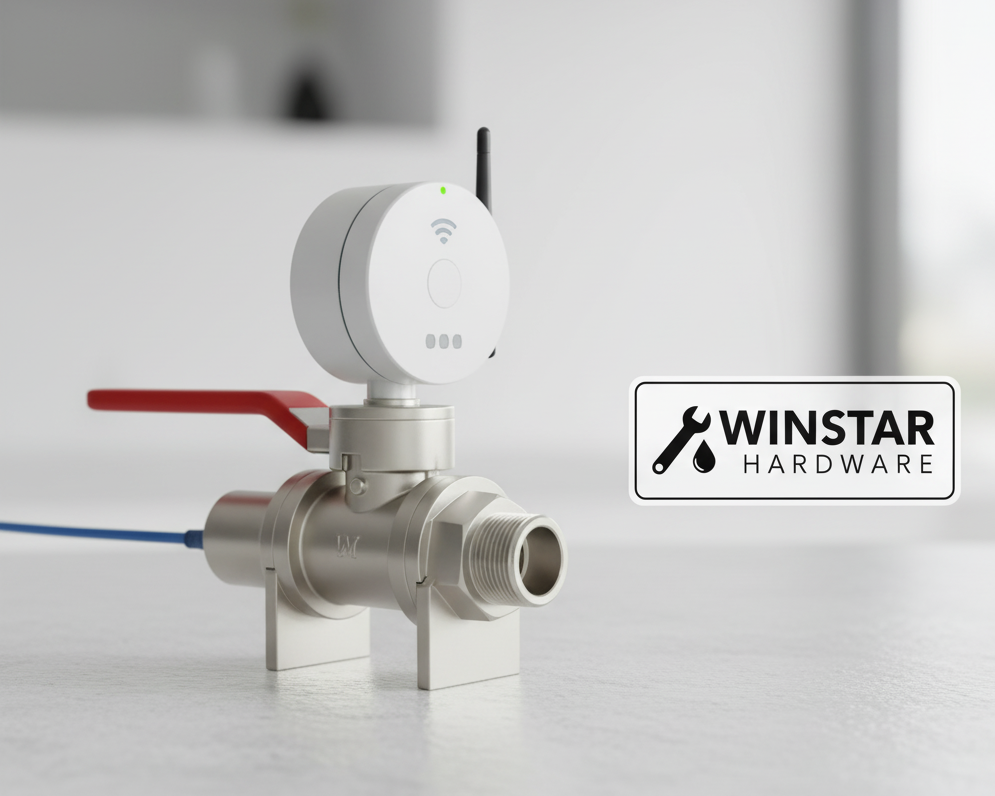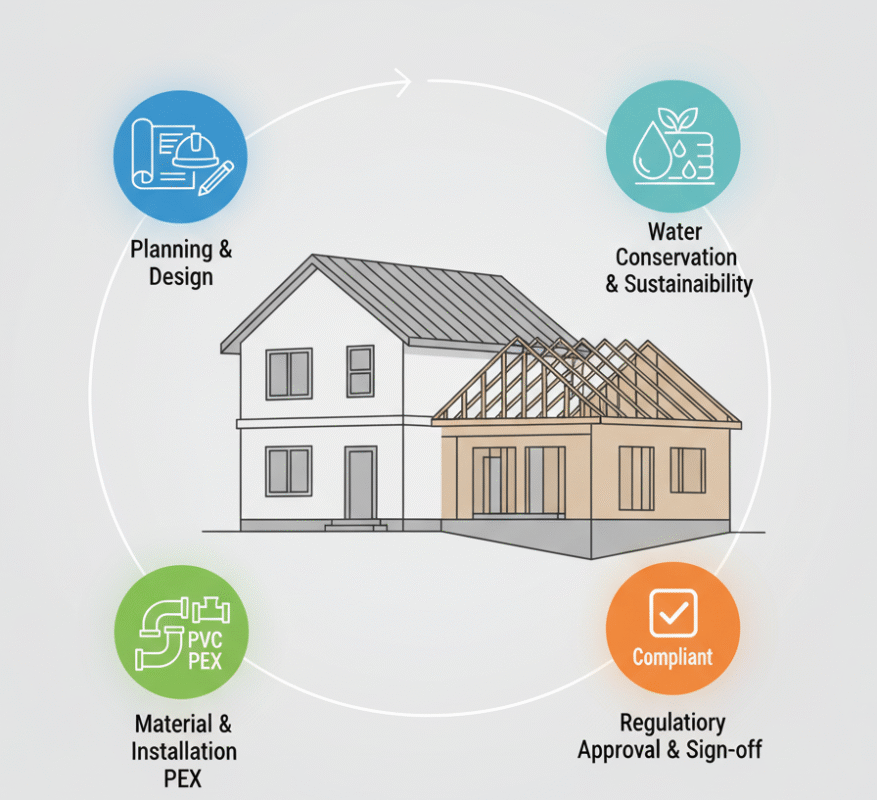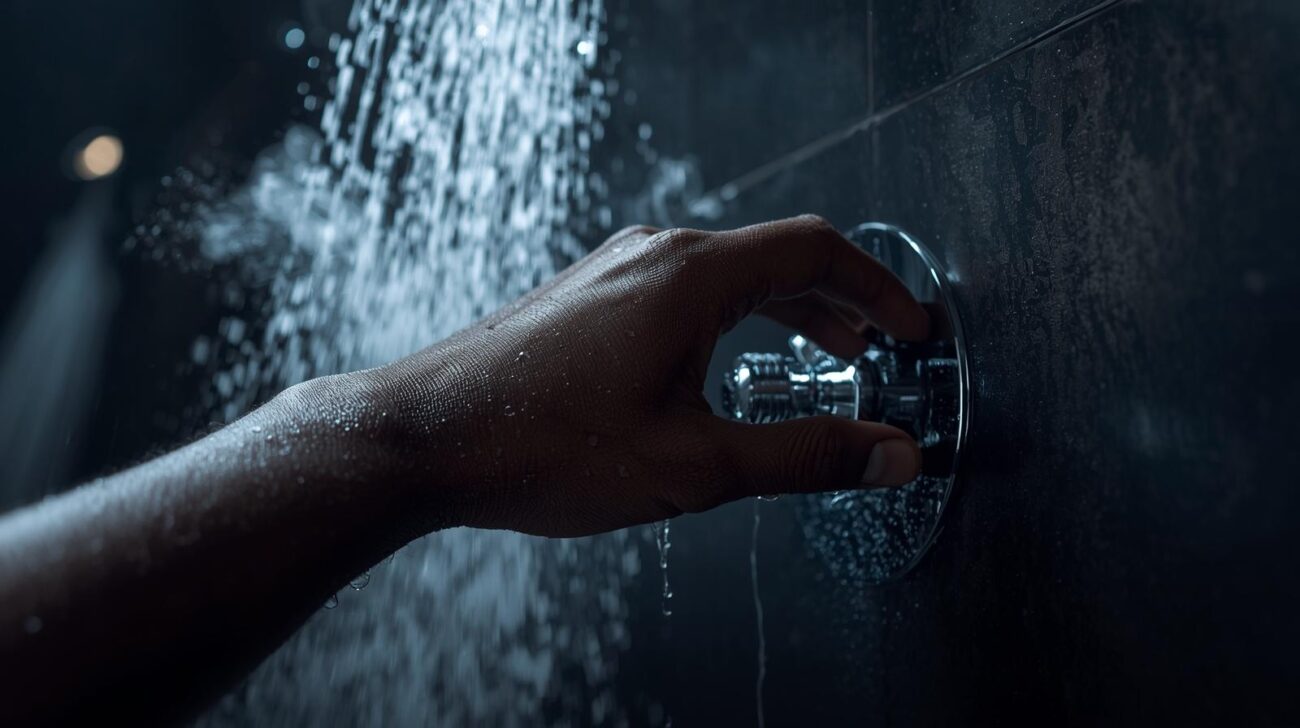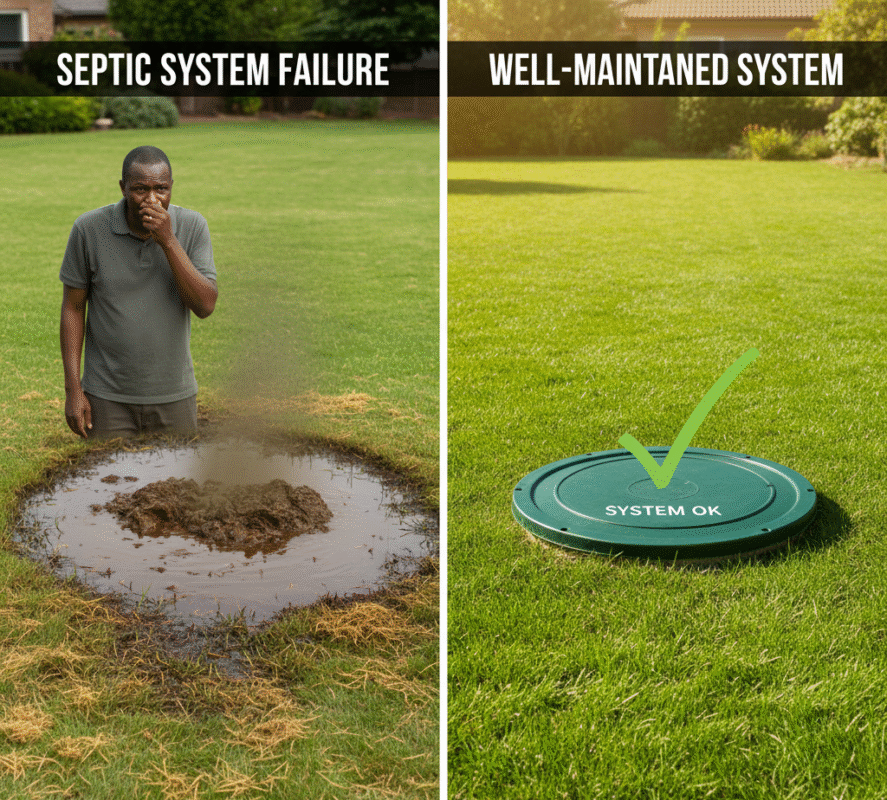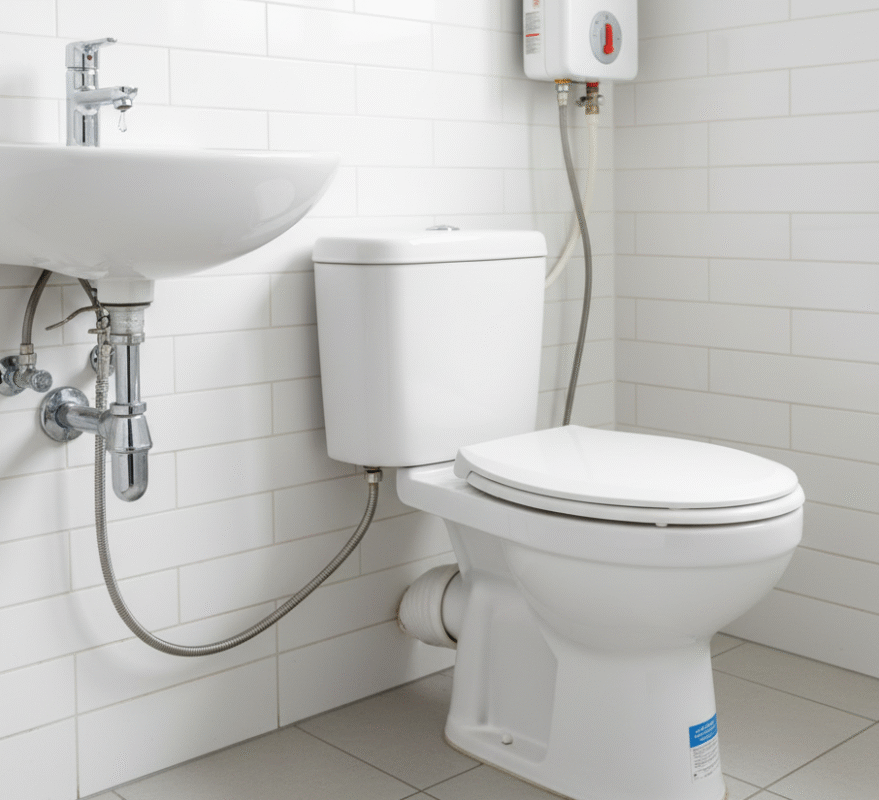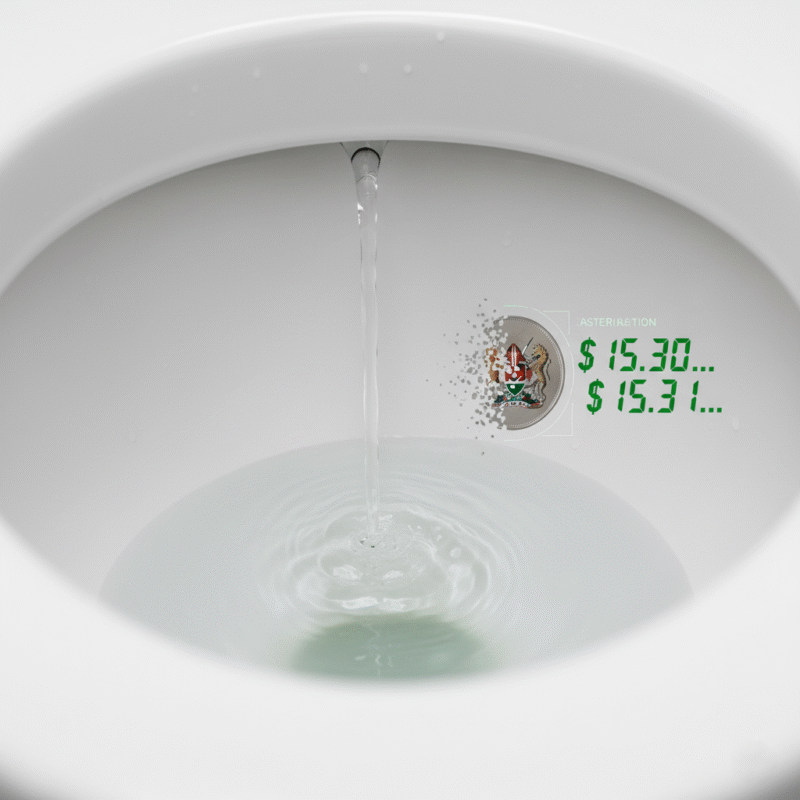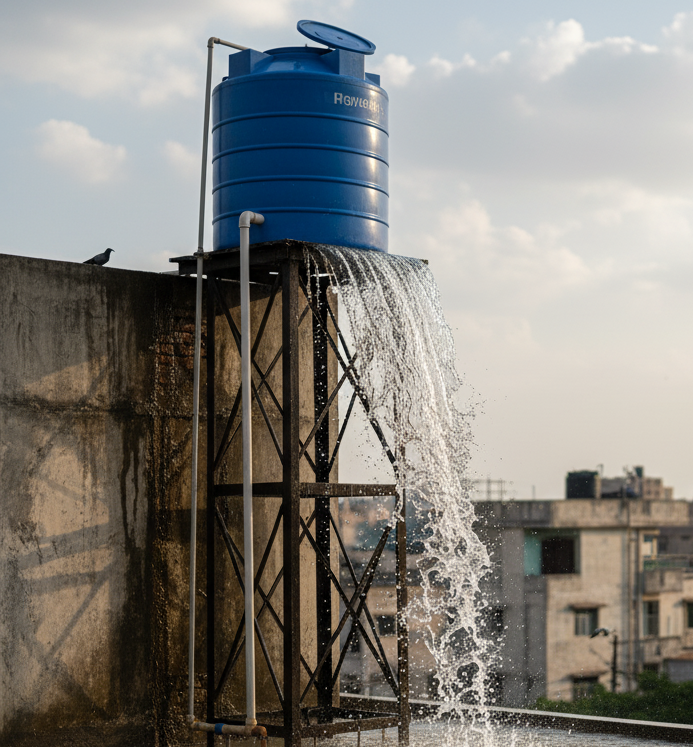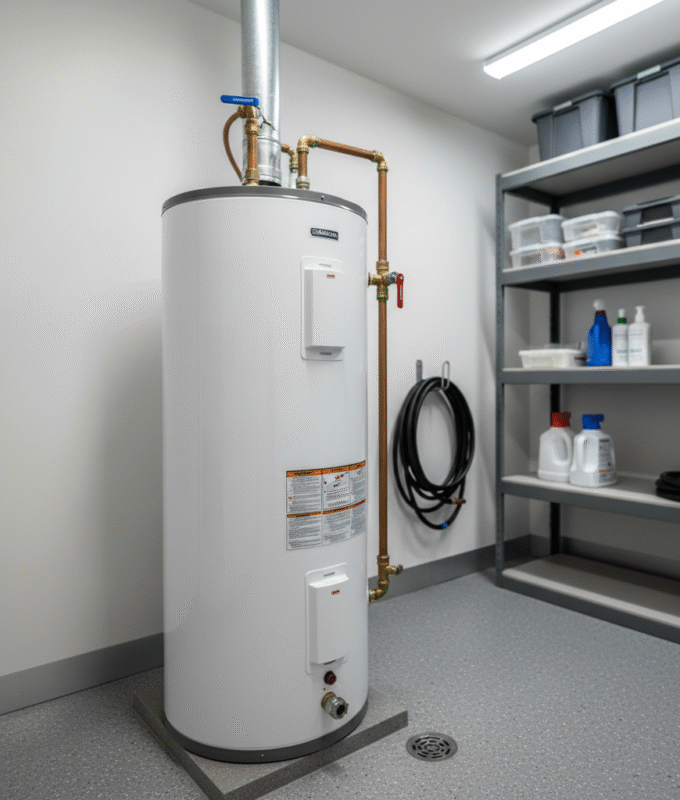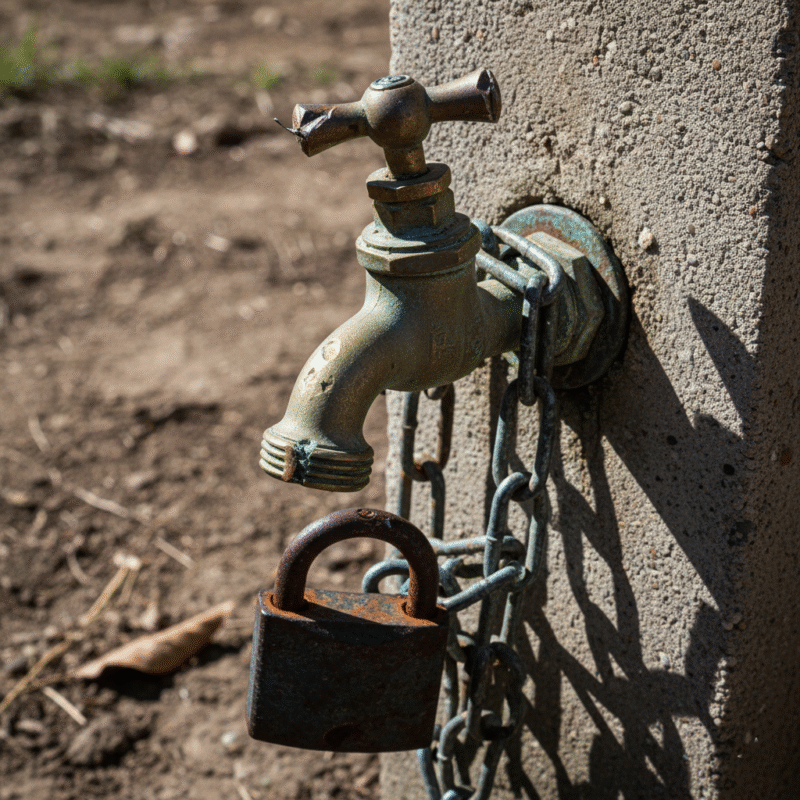Imagine stepping into a refreshing shower on a cool morning, or easily washing dishes with comfortably hot water, all while keeping your electricity or gas bills in check. It sounds ideal, doesn’t it? In many Kenyan households, heating water can be a significant contributor to monthly expenses. But the good news is that there are smart, cost-effective water heating solutions in Kenya to enjoy without breaking the bank or straining our precious energy resources.
At Winstar Hardware, we’re passionate about helping you make informed choices for a more efficient and comfortable home. In this comprehensive guide, we’ll explore the smart strategies and modern technologies you can implement to achieve the sweet spot: reliable hot water and significantly lower energy bills. Let’s dive in!
Understanding the Energy Cost of Hot Water in Kenya
Heating water is a necessity for comfort and hygiene, but it’s also one of the biggest contributors to household electricity bills in Kenya. The cost can be significant and often goes unnoticed, but by understanding the core reasons behind this expense, you can take control and start implementing cost-effective water heating solutions in Kenya to start saving.
The Hidden Cost of Traditional Electric Heaters
Traditional electric water heaters, often referred to as boilers or cylinders, work by heating a large tank of water to a set temperature and then maintaining that temperature around the clock. This constant cycle, whether you’re using hot water or not, leads to significant energy wastage. This phenomenon, known as standby heat loss, is a major factor that prevents traditional systems from being truly cost-effective water heating solutions in Kenya. It’s energy that is constantly used to prevent the water from cooling down, effectively heating the air around the tank.
A Typical Cost Analysis for a Kenyan Household
To put the importance of finding cost-effective water heating solutions in Kenya into perspective, let’s look at a hypothetical scenario for a family of four using a standard 100-liter electric water heater.
- Daily Consumption: A family might take two hot showers a day, wash dishes, and perform other tasks requiring hot water.
- Energy Use: The electric heating element, which can consume a substantial amount of power, will cycle on and off throughout the day and night to maintain the temperature of the stored water.
- The Result: This constant energy drain means that a significant portion of your monthly electricity bill is dedicated solely to keeping a tank of water hot, even when no one is home.
With the fluctuating and often rising cost of electricity from providers like Kenya Power, this inefficiency becomes even more pronounced. Every unit of electricity wasted on standby heating directly translates to a higher bill, highlighting the need for families to seek out cost-effective water heating solutions in Kenya.
Smart Strategies for Immediate Savings
You don’t have to invest in a brand-new system to start seeing a difference in your electricity bill. There are several simple, yet highly effective strategies that fall under cost-effective water heating solutions in Kenya that you can implement today to reduce your energy consumption and start saving money immediately.
Lowering Your Thermostat Setting
Many traditional electric water heaters are set to a default temperature that is often much higher than what is needed for daily use. While a setting of 60°C (140°F) is recommended to prevent the growth of harmful bacteria, reducing your thermostat to a comfortable and energy-efficient temperature of around 49°C (120°F) can lead to a noticeable decrease in energy consumption.
Insulate Your Hot Water Tank & Pipes
One of the most significant sources of wasted energy in a traditional water heating system is standby heat loss. This is the energy that escapes from the tank and pipes as the water sits idle, causing the heater to constantly cycle on and off to maintain the temperature.
- Insulating the Tank: By adding an insulation blanket to an older water heater tank, you can dramatically reduce the amount of heat that escapes into the surrounding air, keeping your water hotter for longer.
- Insulating the Pipes: Just like the tank, hot water pipes lose heat as the water travels from the heater to your taps. By wrapping them in foam pipe sleeves, you help retain heat, ensuring that hot water reaches your faucet faster and reducing the amount of water (and energy) you waste while waiting for it to warm up. This simple step is an excellent example of cost-effective water heating solutions in Kenya.
Fix Leaks Promptly
A dripping faucet or a leaky pipe can be a major source of wasted hot water, driving up both your water and electricity bills. A single drip can waste a significant amount of water over a month, and if it’s hot water, that’s energy you paid to heat and then lost.
Here is a simple step-by-step guide to check for and fix leaks:
- Visual Check: Regularly inspect all faucets, showerheads, and visible pipe connections for any signs of dripping or moisture.
- Listen for Drips: When the house is quiet, listen for any dripping sounds, especially in the bathroom or kitchen.
- Check for Moisture: Run your hand along the pipes, especially at connection points, to feel for any dampness. Even a small amount of moisture can indicate a slow leak.
Fixing these leaks promptly is one of the most immediate and cost-effective water heating solutions in Kenya you can implement. Check out this blog for a comprehensive guide on fixing a leaky pipe.
Investing in Efficiency: Modern Water Heating Technologies
For more substantial and long-term savings, consider upgrading to more energy-efficient water heating technologies:
Solar Water Heaters
For many Kenyans, solar water heaters are the pinnacle of cost-effective water heating solutions in Kenya. By harnessing the abundant power of the sun, these systems offer a way to drastically reduce or even eliminate your water heating electricity bills, making them a very attractive long-term investment.
How They Work
Solar water heating systems use specialized collectors, typically installed on a roof, to absorb sunlight and convert it into heat. The heated water is then stored in an insulated tank. There are two main types of solar collectors:
- Flat-Plate Collectors: These are insulated boxes with a dark absorber plate that heats the fluid inside. They are durable and often come with a stainless steel booster for longevity.
- Evacuated Tubes: These consist of glass tubes with a vacuum between the outer and inner layers, which provides excellent insulation and heat retention. They are highly efficient at transferring heat from the sun to the water.
The most common system in Kenya is the passive, or thermosiphon system. In this design, warm water naturally rises from the collector to the storage tank, while cooler water sinks to be reheated. This circulation happens without the need for a pump, making the system simple and reliable. Read this information for a more comprehensive guide on how a thermosiphon system works.
Benefits
- Free Energy: Once installed, your primary energy source for heating water is free sunlight, leading to significant long-term savings.
- Reduced Bills: Solar systems can reduce your water heating electricity use by 70-90%. This translates to a guaranteed return on investment as electricity rates continue to rise.
- Environmental Responsibility: Switching to solar is an eco-friendly choice that reduces your reliance on non-renewable energy sources and minimizes your carbon footprint.
- Minimal Maintenance: Once installed, solar water heaters require very little upkeep, with periodic professional check-ups recommended every few years.
Considerations
While solar water heaters are an excellent long-term solution, it’s important to consider a few factors. The initial purchase and installation cost is often higher than for traditional systems. Additionally, while they can still function on cloudy days, their performance depends on sunlight availability. Many modern solar systems, however, are equipped with a backup electric booster to ensure you have a consistent supply of hot water, regardless of the weather.
Tankless (On-Demand) Water Heaters
Tankless water heaters, also known as instantaneous or on-demand water heaters, are a modern and increasingly popular solution that represents the next step in cost-effective water heating solutions in Kenya. Unlike traditional tank-based heaters, these compact units only heat water when you need it, which completely eliminates the standby heat loss associated with maintaining a large, constantly heated tank.
How They Work
The mechanism behind tankless heaters is simple and highly efficient. When you turn on a hot water tap in your kitchen or bathroom, a flow sensor is activated. This signals a powerful gas burner or electric heating element to immediately begin heating the water as it flows through a heat exchanger. You get a continuous, uninterrupted supply of hot water, for as long as you need it.
Benefits
- Significant Energy Savings: The primary benefit is the elimination of standby heat loss. Because the system is only active when a hot water tap is open, you are not paying to keep a large tank of water hot 24/7.
- Unlimited Hot Water: You will never run out of hot water, regardless of how many people take showers back-to-back. The unit heats water on-demand, providing a continuous supply.
- Space-Saving Design: Tankless units are considerably smaller than traditional cylinders. They are typically wall-mounted and take up very little space, making them a perfect fit for apartments or smaller homes where space is a premium.
Considerations
While the long-term energy savings often outweigh the initial cost, the upfront purchase and installation can be more expensive than a standard tank heater. They may also require specific electrical or gas infrastructure to be installed, so it is important to consult a professional before purchasing.
Heat Pump Water Heaters (Hybrid Electric)
For those seeking an alternative to both traditional and solar systems, heat pump water heaters offer an incredibly efficient and modern option among cost-effective water heating solutions in Kenya. These hybrid electric heaters are a smart choice for homeowners who want to drastically reduce their energy consumption without relying on sunlight or needing extensive roof space for solar panels.
How They Work
Instead of generating heat directly like a traditional electric water heater, a heat pump water heater works by moving heat from the surrounding air into the water tank. This process is very similar to how a refrigerator works, but in reverse. A refrigerator pulls heat from its interior to cool the contents, while a heat pump pulls heat from the ambient air to warm the water. Because they are simply moving heat, they use significantly less electricity—in fact, they can be three to four times more energy-efficient than a conventional electric heater.
Benefits
- High Energy Efficiency: This process of moving heat rather than creating it makes them highly efficient, which translates directly to significantly lower electricity bills and makes them a top contender for cost-effective water heating solutions in Kenya.
- Consistent Performance: Unlike solar heaters, heat pumps are not dependent on sunny weather and can operate consistently regardless of external conditions.
- Space-Saving: They are a viable option for properties with limited space for solar panels, such as apartments or townhouses.
Considerations
While the long-term savings are substantial, the initial purchase and installation cost of a heat pump water heater is typically higher than that of a standard electric heater. They also require adequate airflow in the installation location to function efficiently.
For more in-depth information on the technology behind heat pumps, you can read this comprehensive guide on how heat pumps work.
Local Market & Pricing
When it comes to finding cost-effective water heating solutions in Kenya, knowing the local market is crucial. You’ll find a variety of brands and types available, with prices that can vary widely depending on the technology and capacity.
Popular Brands and Products
- Electric Water Heaters: Brands like Atlantic and Tronic are widely available and offer a range of sizes, from compact 15-liter units to larger 100-liter cylinders.
- Heat Pump Water Heaters: The brand Haier offers heat pump water heaters, providing an energy-efficient alternative to traditional electric models.
- Solar Water Heaters: You can find solar water heating systems from companies like Chloride Exide and Refinar East Africa.
Understanding Pricing
Prices for water heaters in Kenya can vary based on their technology and size. Here’s a general idea of what to expect:
- Electric Boilers: A 50-liter electric boiler might cost around Ksh 22,751, while a 100-liter unit could be around Ksh 31,125.
- Heat Pumps: These are a larger investment, with a 200-liter Haier heat pump water heater costing approximately Ksh 279,595.
- Solar Water Heaters: The cost for these systems can vary, but a 200-liter non-pressurized solar water heater might be priced around Ksh 69,000, while a pressurized version could be Ksh 118,000.
Where to Purchase
You can find these products at various retailers across the country:
- Haier Home This company, with stores in Nairobi, stocks a variety of water boilers and heat pump water heaters.
- Tronic Kenya: This retailer offers a wide range of water heaters and boilers.
- Water Heaters Kenya: As the name suggests, this company is a major supplier of electric and solar water heating solutions in Nairobi.
By considering these local options, you can make an informed decision on a system that fits your budget and long-term energy goals.
Making the Smart Choice for Your Kenyan Home
Deciding on the best way to heat water for your home is a major decision that can have a significant impact on your monthly bills and long-term comfort. The best cost-effective water heating solutions in Kenya are those that are perfectly tailored to your specific needs. Here’s a step-by-step guide to help you choose the right system:
1st Step: Assess Your Budget vs. Long-Term ROI
Consider your financial situation and how long you plan to live in your home.
- Lower Upfront Cost: If your budget is tight and you need immediate savings, start with the low-cost strategies like insulating your tank and pipes. A standard electric boiler is also a more affordable option for the initial purchase.
- Long-Term Investment: If you are looking for significant, long-term savings and a substantial return on investment, a solar or heat pump system is a better choice. While they have a higher upfront cost, the energy savings over time can be substantial.
2nd Step: Determine Your Household Size and Hot Water Needs
The size of the water heater you choose should be directly related to the number of people in your household and your hot water usage habits.
- Small Household (1-2 people): A smaller electric boiler or an instantaneous (tankless) heater is a good fit. A compact unit like a 30-liter water heater is often sufficient and more economical for minimal hot water needs.
- Medium Household (2-4 people): A 50-liter capacity electric boiler is a popular option that provides enough hot water for daily activities like showering and washing.
- Larger Household (3-5 people): For more extensive needs, a 200-liter or 300-liter system is recommended. This is where a solar water heater can be a particularly cost-effective water heating solution in Kenya due to the high volume of hot water needed.
3rd Step: Evaluate Your Location and Available Space
The physical constraints of your home can also influence your choice of water heater.
- Limited Space: If you live in an apartment or have limited storage space, a compact tankless water heater is an excellent, space-saving option. A heat pump is also a viable solution, as it doesn’t require extensive outdoor space like a solar system.
- Roof Access and Sunlight: If you have a property with good sun exposure and adequate roof space, a solar water heater is an ideal choice to take full advantage of free, renewable energy.
By carefully considering these factors, you can make an informed decision that balances your immediate needs with your long-term goals for a comfortable and energy-efficient home
Installation and Maintenance
While some of the immediate savings strategies can be done yourself, a proper installation is crucial for the long-term efficiency and safety of any new water heating system.
Professional Installation
For modern water heating technologies like solar, tankless, or heat pumps, it is essential to hire a qualified professional. They will ensure the system is correctly sized for your home’s needs and installed according to all safety standards and manufacturer guidelines. This not only guarantees optimal performance but also ensures the longevity of your investment. You can Consult with Professionals to get personalized advice based on your home’s specific requirements and local conditions.
Simple Maintenance
To keep your water heater running efficiently and to extend its lifespan, consider these simple maintenance tips:
- Drain the Tank: For traditional tank heaters, draining a few liters of water from the tank once or twice a year can help remove sediment buildup, which improves efficiency.
- Check the Pressure Relief Valve: Test the pressure relief valve periodically to ensure it is working correctly and preventing dangerous pressure buildup.
- Keep Vents Clear: For heat pump and tankless systems, make sure the installation area has adequate airflow and that vents are not blocked.
Conclusion:
By taking a smart approach to water heating, you can enjoy the comfort and convenience of hot water while significantly reducing your energy consumption and saving money month after month. Implementing cost-effective water heating solutions in Kenya is not just about lowering bills; it’s about making a sustainable choice for your home and the environment.
The team at Winstar Hardware is dedicated to helping you find the right products for your needs. Whether you start with simple strategies or invest in a modern system, every step you take towards energy efficiency is a win for your wallet and a win for the environment – a truly sustainable solution for your home. We believe that by making an informed choice, you can truly get reliable hot water and significantly lower energy bills.
What are your biggest concerns about your water heating costs? Share your thoughts and questions in the comments below!


